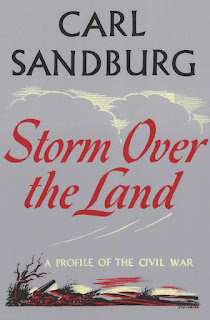BRIONNE (audiobook) by Louis L'Amour

Originally published in 1968. Audiobook published in 2016 by Random House Audio. Read by Erik Singer. Duration: 4 hours, 3 minutes. Unabridged. Synopsis Major James Brionne is a Virginian and a confidante of President Ulysses S. Grant. He helped pacify the region immediately after the war, including hanging a criminal named Allard. The rest of the Allard family gang, bushwackers from the brutal Missouri theater of the Civil War, comes to Virginia to kill Brionne. They don't find Brionne, but they do find his wife and son at Brionne's plantation house. She takes out one of the Allard gang and then kills herself rather than be brutalized by them. The Allard gang never finds Brionne's son, who had hidden himself in a little cave nearby. Brionne decides he needs a massive change of scenery. He takes his son out West on a train, to a region he had explored as part of a military mission years earlier. He wants to find a place to start over with his son - Utah. But, Briolle gets t...
















